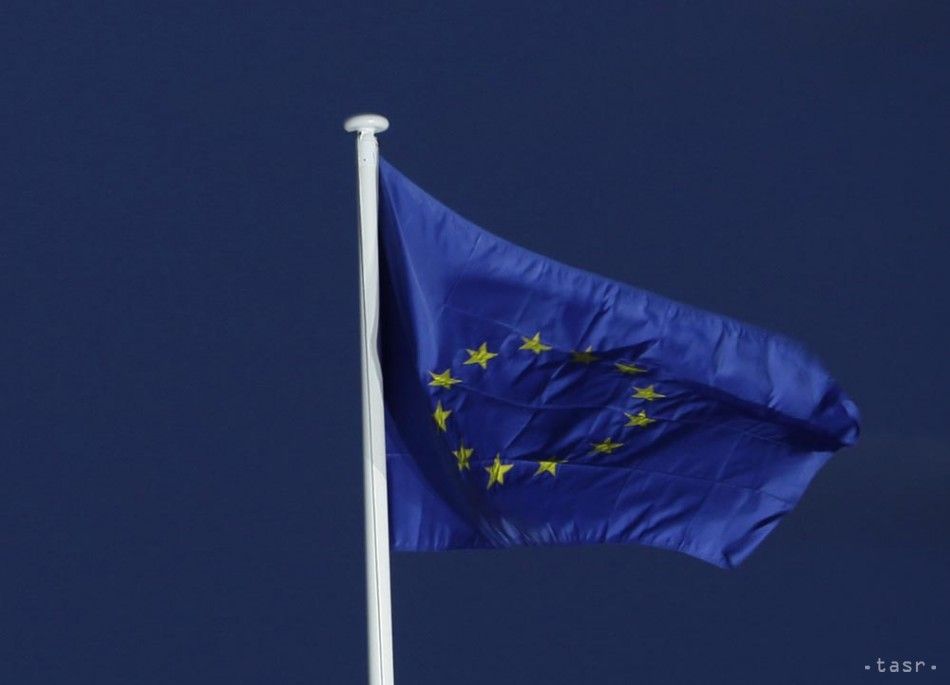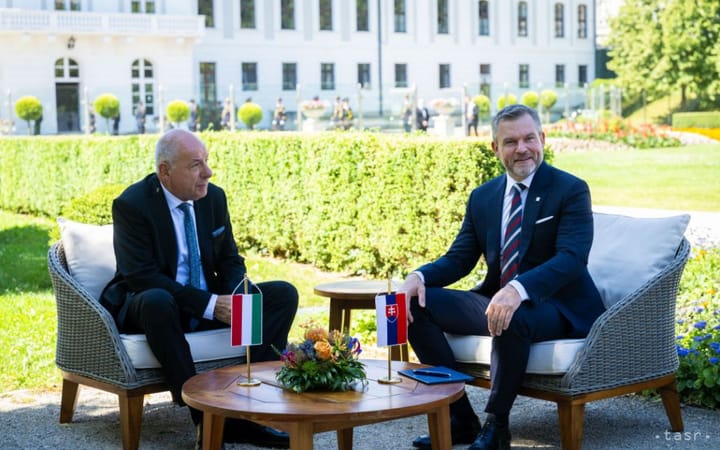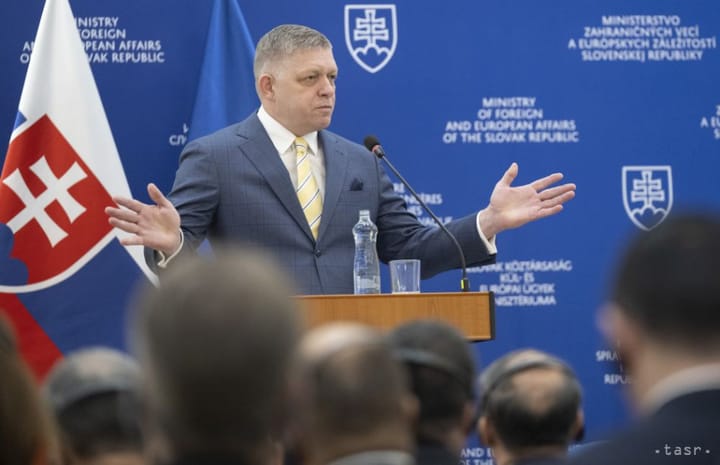CoFoE: ECR Group in EP Rejects Revision of Treaties on EU Functioning

Brussels/Strasbourg, June 10 (TASR-correspondent) – MEPs from the European Conservatives and Reformists (ECR) political group left the Conference on the Future of Europe (CoFoE) shortly before the end of the annual process as the ECR group on Thursday announced that it doesn’t agree with the proposals to revise the treaties on the functioning of the EU in the light of the CoFoE results.
At the plenary session in Strasbourg on Thursday, MEPs called on the European Council to agree to start the process of revising the EU treaties in connection with the CoFoE results.
In a statement for the media, the ECR group noted that the political groups in the EP, which are in favour of greater centralisation in the European Union, had pushed for a resolution calling for the setting up of a new convention to revise the treaties. However, according to the ECR, such a step circumvents the EP Committee on Constitutional Affairs.
“As this would take too long using a due process, so-called pro-Europeans want the result to ensure that the French presidency of the EU Council can declare victory before the end of its presidency,” said Polish MEP Jacek Saryusz-Wolski on behalf of the ECR, adding that this lowers the seriousness of parliamentary procedures. Saryusz-Wolski pointed out that the ECR group rejects such “attempts at centralisation and harmful democratic shortcuts”.
The Polish MEP stressed that changes to the EU’s treaties could jeopardise the EU’s institutional balance.
“Any follow-up to the Conference on the Future of Europe requires real and objective public and representative consultation and scrutiny by all stakeholders. The EU is a representative democracy. “We reject this unjustified and premature attempt to start the process leading to the convention,” said Saryusz-Wolski.
According to him, the centralist forces in the EP have done a disservice to the CoFoE’s credibility because they forget that EU policy is most effective when it is based on the principles of subsidiarity, proportionality and proximity to the citizens.



